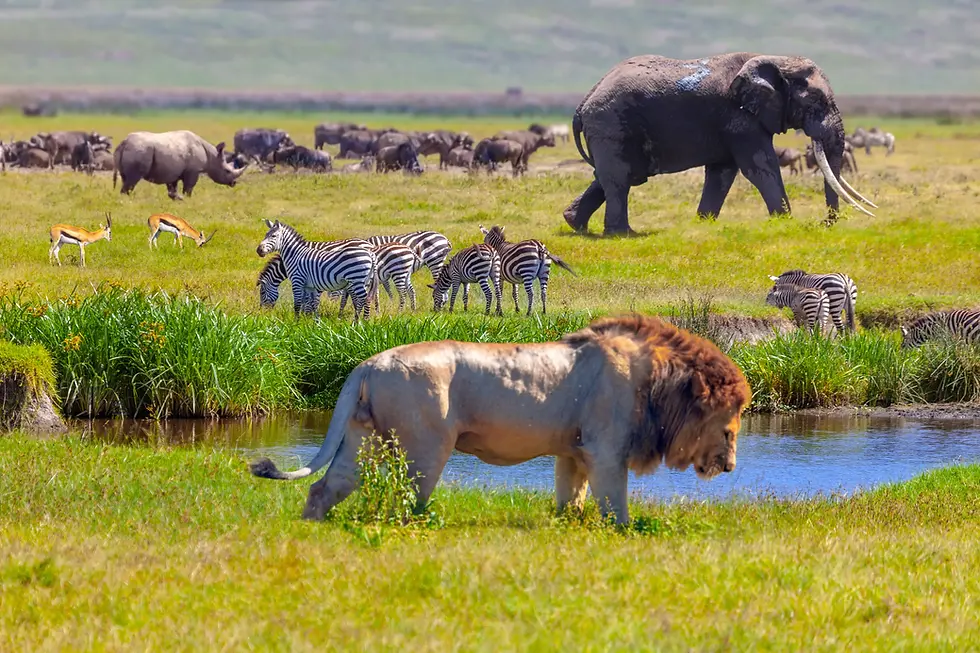Kindness to Coral
- Pooja Srikanth
- May 26
- 2 min read
This week has been one of the most stressful times I’ve had to endure. Not only do I have finals, but I also have AP exams and numerous other tests. And it’s not like it’s an issue to study or prepare, but something else is an issue. During these stressful times, I tend to act less like myself. I began to lash out, stop hanging out with my friends, and go to parties less. And I’m not the only person who's like this. Sure, other students might be the same, but that’s not what I’m talking about. I’m talking about coral. Specifically, coral bleaching.
And I’m not about to tell you that coral has to study and that coral stops hanging out with their friends. However, I want to tell you that coral feels stressed. However, there are other reasons beyond grades and studying.
Coral bleaching is a result of coral feeling stressed due to external factors. Some of these factors include temperature increases, overfishing, and even pollution. When these factors occur, the symbiotic relationship (both benefit) between coral and the microscopic algae called zooxanthellae. These algae provide corals with nutrients and color, while corals in turn provide the algae with a safe environment.
However, when coral feels threatened or stressed, it expels the algae. And the symbiotic relationship is spoiled and ruined. This is very detrimental and harmful to the coral, as it becomes weakened and vulnerable to disease. And if it continues, the stress may cause the coral to die.
And why does that matter to us? If coral bleaching kills coral, then animals may be more prone to being fished (they lack hiding spots), or it may kill animals because they lose access to alternative food sources. Coral bleaching also impacts other marine life in the oceans because it may cause other seaweed and plants to bleach. As a result, it will disrupt the photosynthesis and respiration cycle, and then disrupt our breathing cycle. And this can cause more deaths or even harm to humans.
Sounds like a problem, right? But don’t worry, it’s not the end of the world. There are millions of possibilities of things we can do. For example, humans can stop overfishing, adopt better methods to avoid pollution, and reduce fossil fuel consumption. If humans are capable of doing these methods, then we can save our planet and also ourselves.
So, as I always say, we are the cause, but we are also the change. So get out there and make some change!
Sources:
EPA, Environmental Protection Agency, www.epa.gov/coral-reefs/threats-coral-reefs. Accessed 29 Apr. 2025.
“Coral Stressors.” Woods Hole Oceanographic Institution, 23 Mar. 2022, www.whoi.edu/know-your-ocean/ocean-topics/ocean-life/coral/coral-stressors/.




Comments